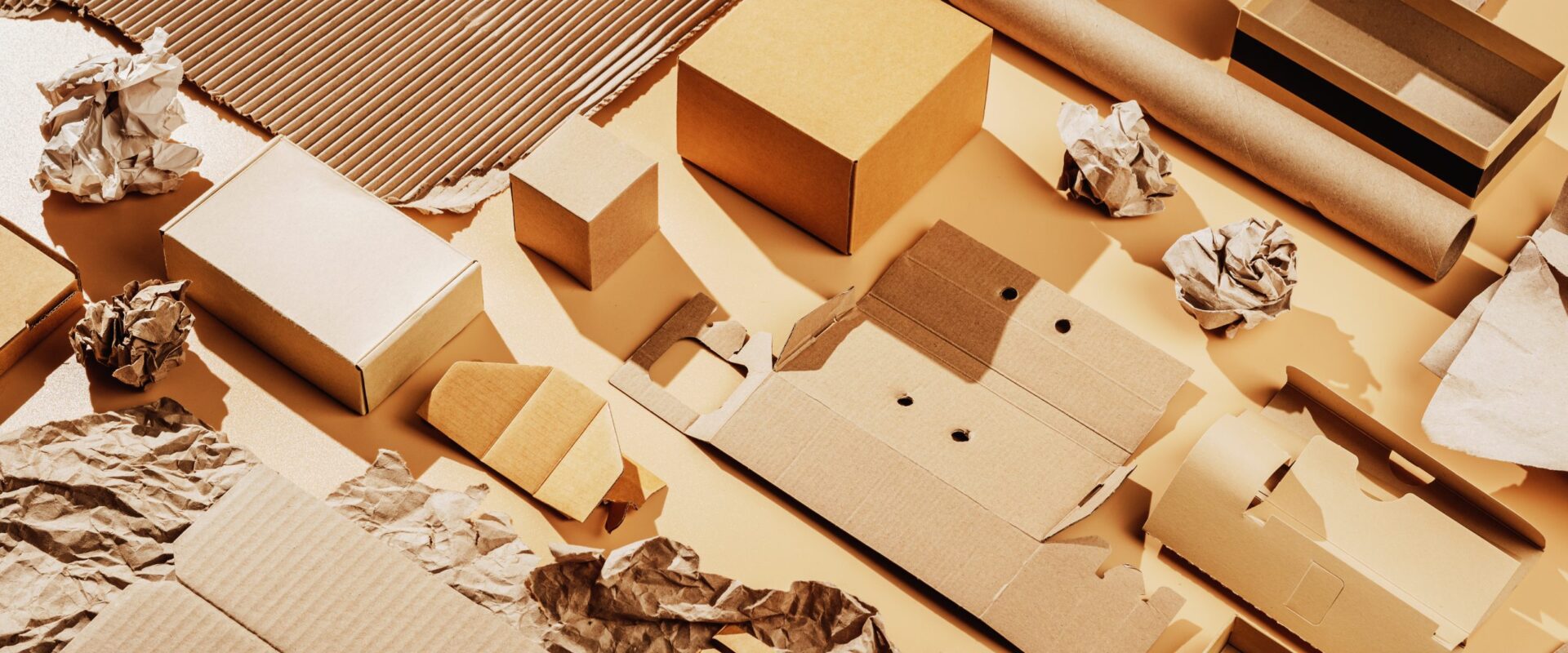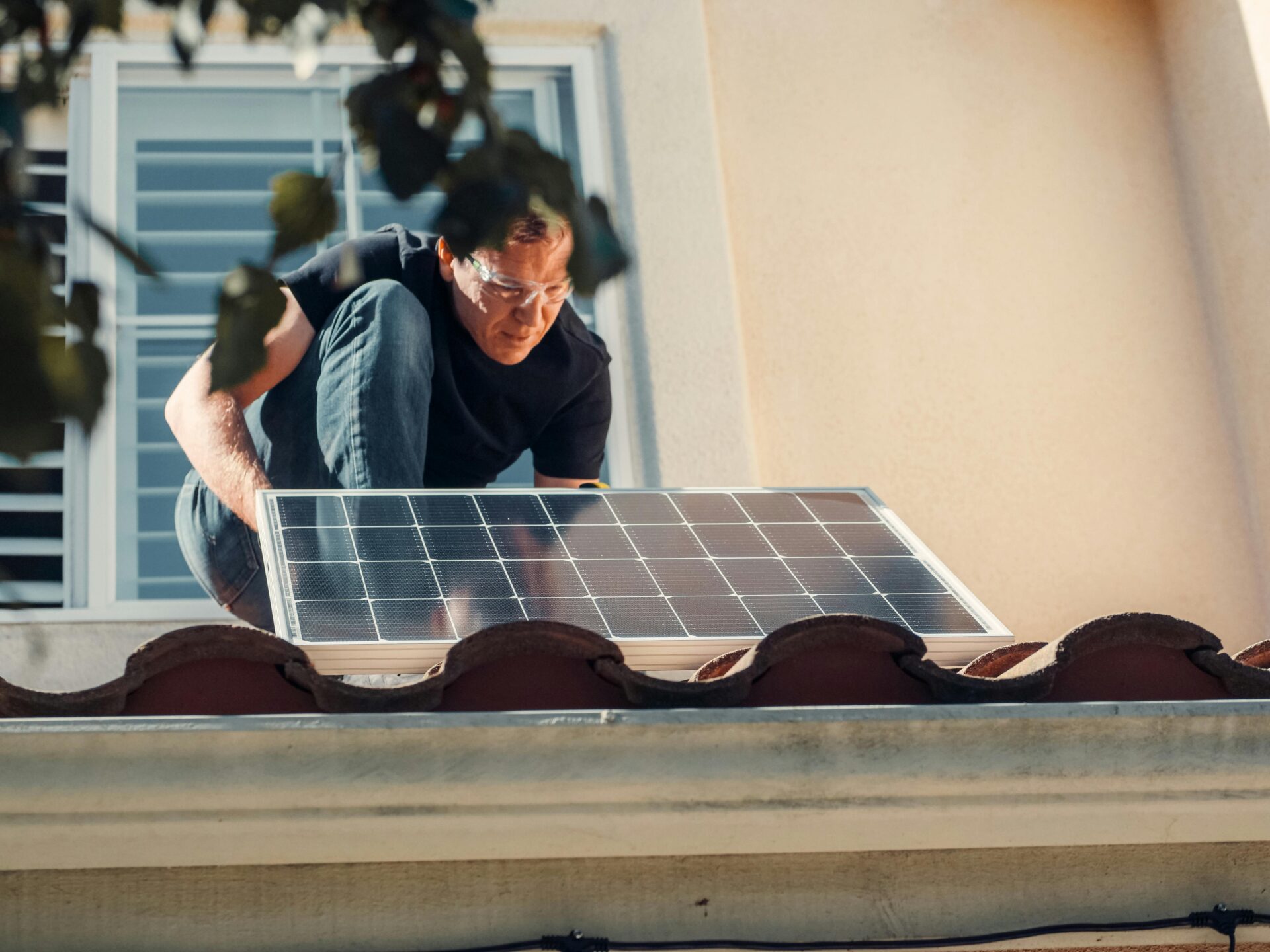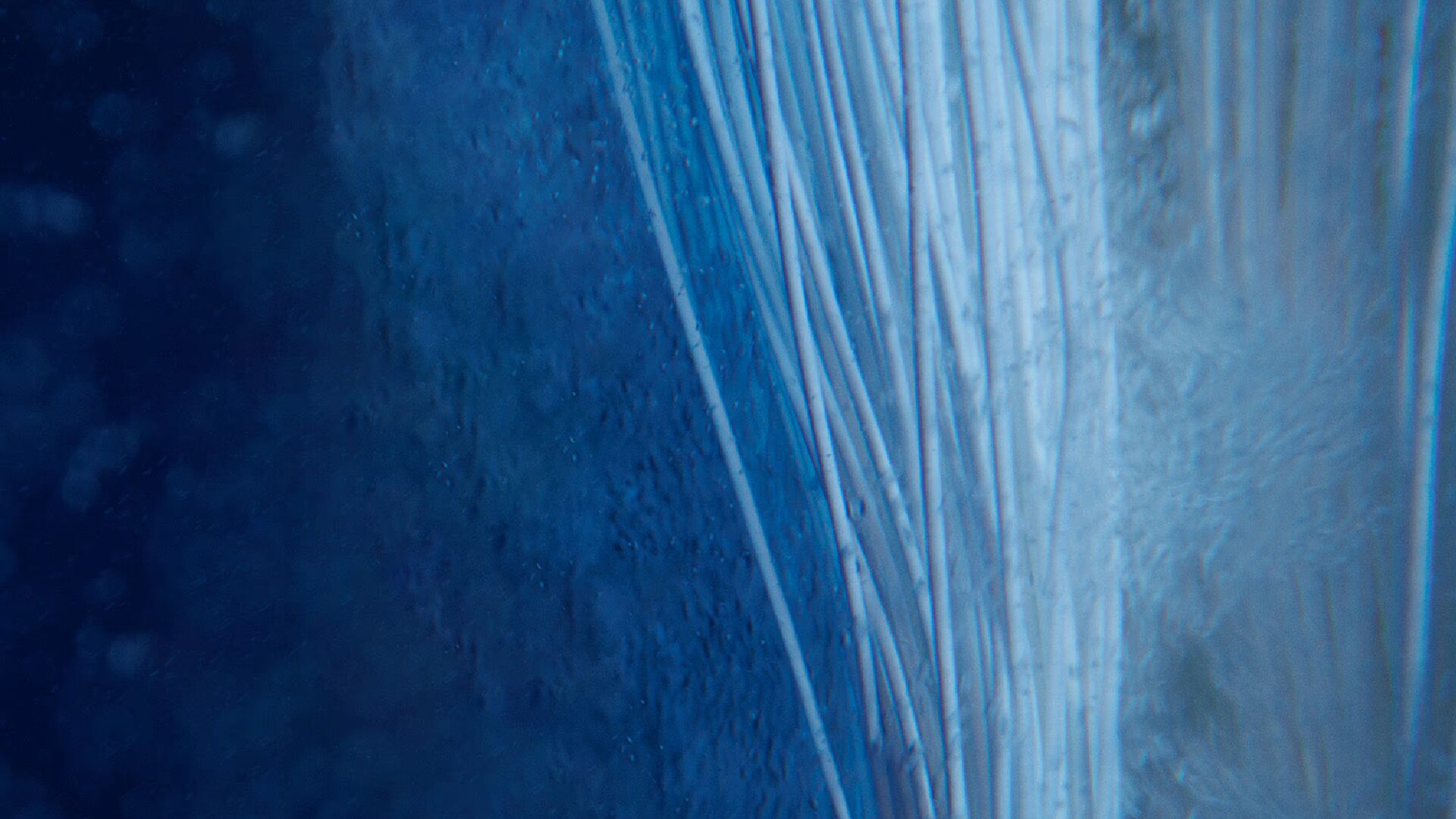In manufacturing companies, a large amount of residual materials is often left unused, leading to wasted resources and increased environmental impact. The material flow solution connects waste material owners with manufacturers who can use them, creating an easy and systematic platform to support the circular economy.
Materjalivoog
A circular economy solution for residual materials
At the time of carrying out this project, Accelerate had a wider goal of supporting public/private partnerships, which later evolved to a more narrow focus on unlocking new markets by overcoming regulatory barriers.

Introduction
Problem
Manufacturing companies often generate residual materials which full potential remains untapped. While some companies prioritize reducing, reusing, or recycling these materials, a systematic approach is currently lacking. Meanwhile, demand for eco-friendly and recycled-material products is growing—yet there is no efficient and coordinated system to connect producers of residual materials with those who can repurpose them. As a result, the state misses an opportunity to promote the circular economy and significantly reduce the environmental burden of the manufacturing sector.
Solution
The material flow solution connects manufacturing companies with surplus materials to those needing various input materials for production. This system aims to make collaboration straightforward and appealing by offering a competitive alternative in terms of both time efficiency and quality.
End Goal
The implementation of the circular economy is time-critical and requires a much simpler and more automated process for broader adoption.
Better handling of residual materials would not only benefit the environment but also boost economic development, creating many more jobs than the disposal of waste, such as the common issue of waste incineration.
Waste management also offers the opportunity to influence society at large. While in the past, people’s purchasing behavior was mainly influenced by low prices, the increasing focus on environmental considerations is prompting more consumers to make purchases based on values. The attitudes represented by a specific company and its products or services clearly impact its customer base.
Outcome
To date, a collaboration network and a systematic database of residual materials have been created under the Accelerate Estonia program. To build the initial database, over 70 Estonian manufacturing companies were contacted to map their residual materials, and a list of potential buyers who could use these materials in their production processes was compiled. The project has advanced to the government level, where legislative changes are being supported to promote circular economy practices across the entire manufacturing sector.


